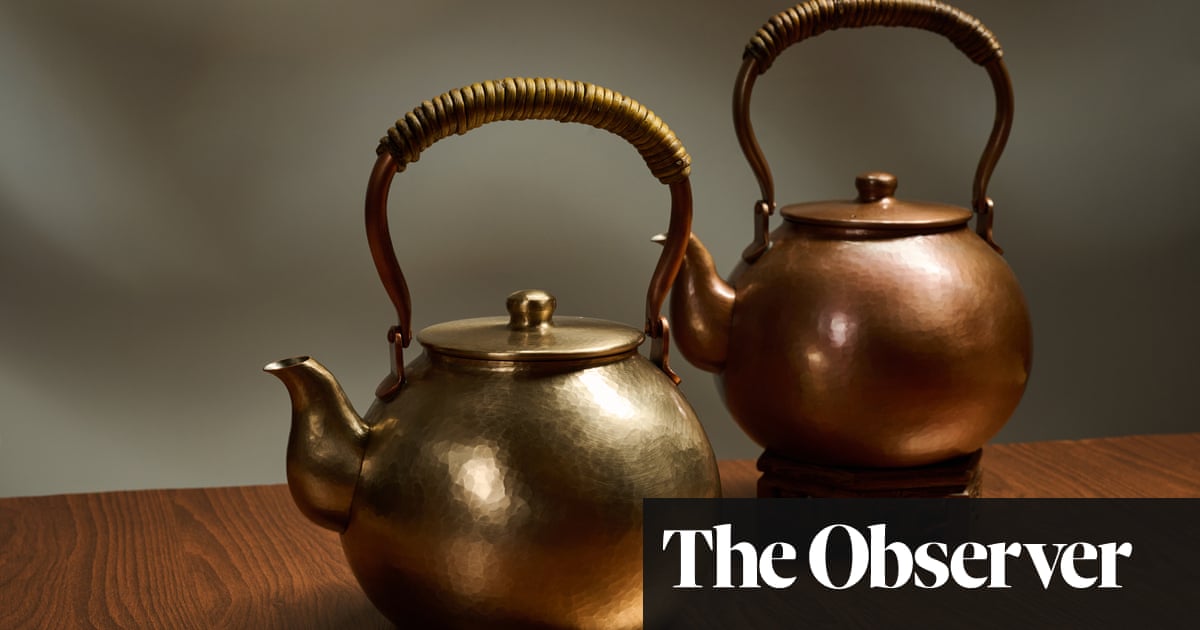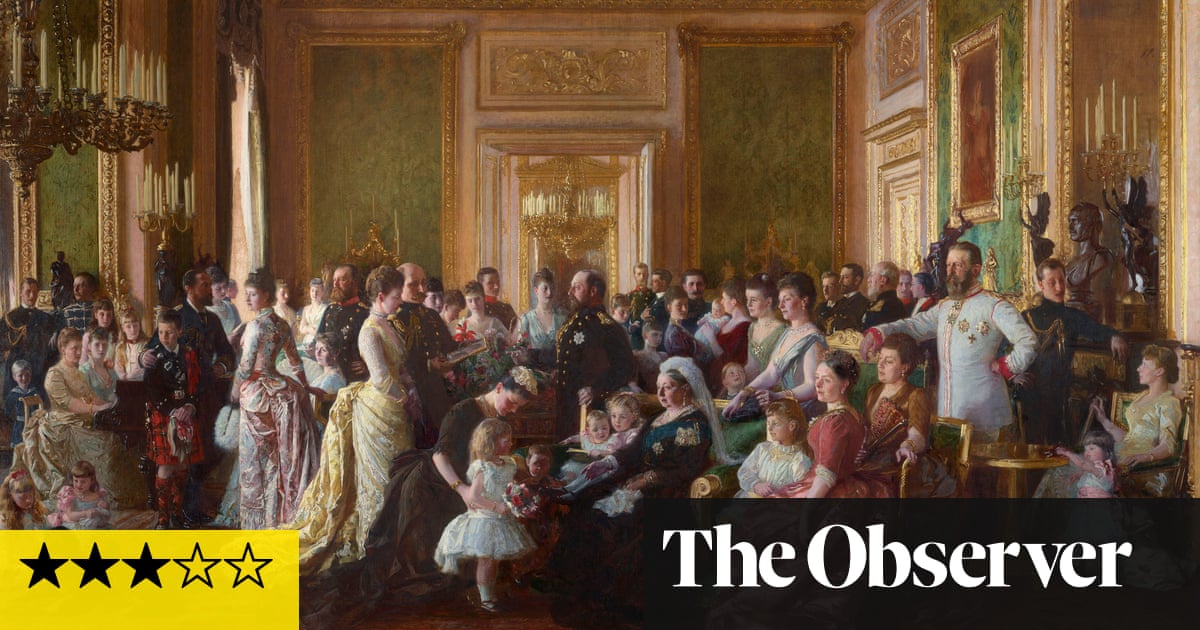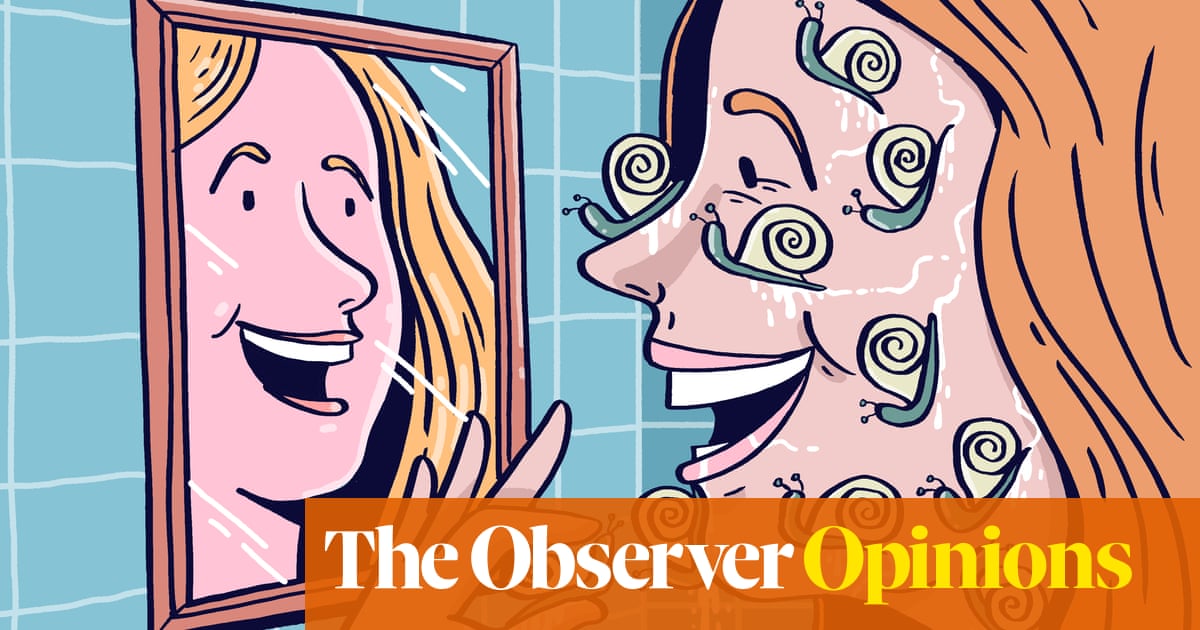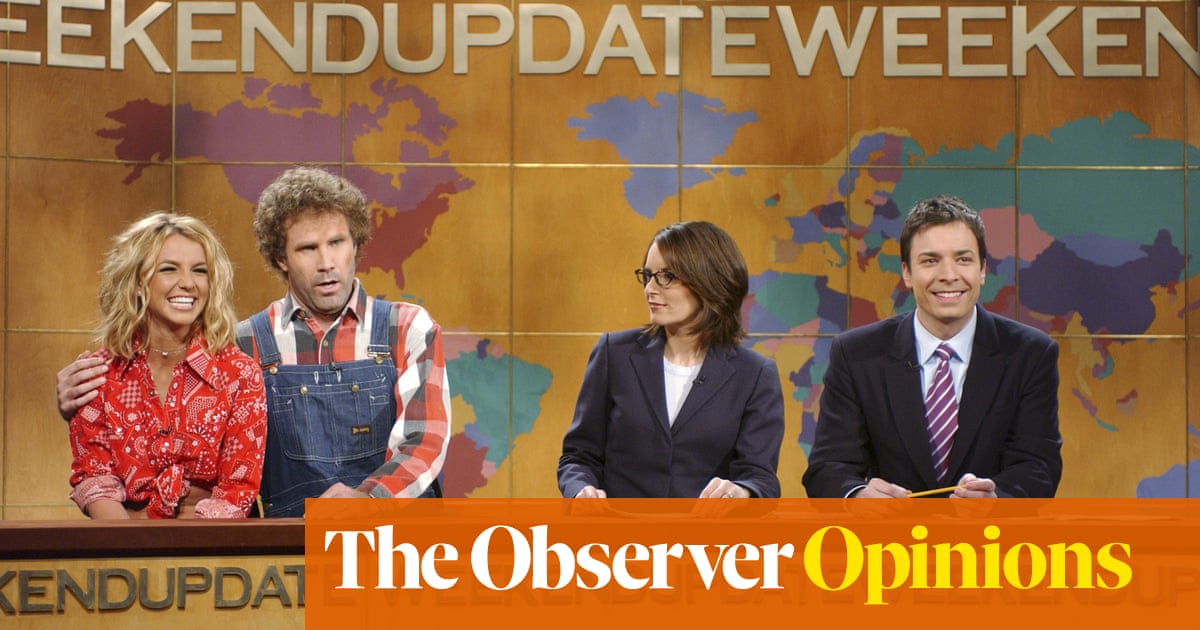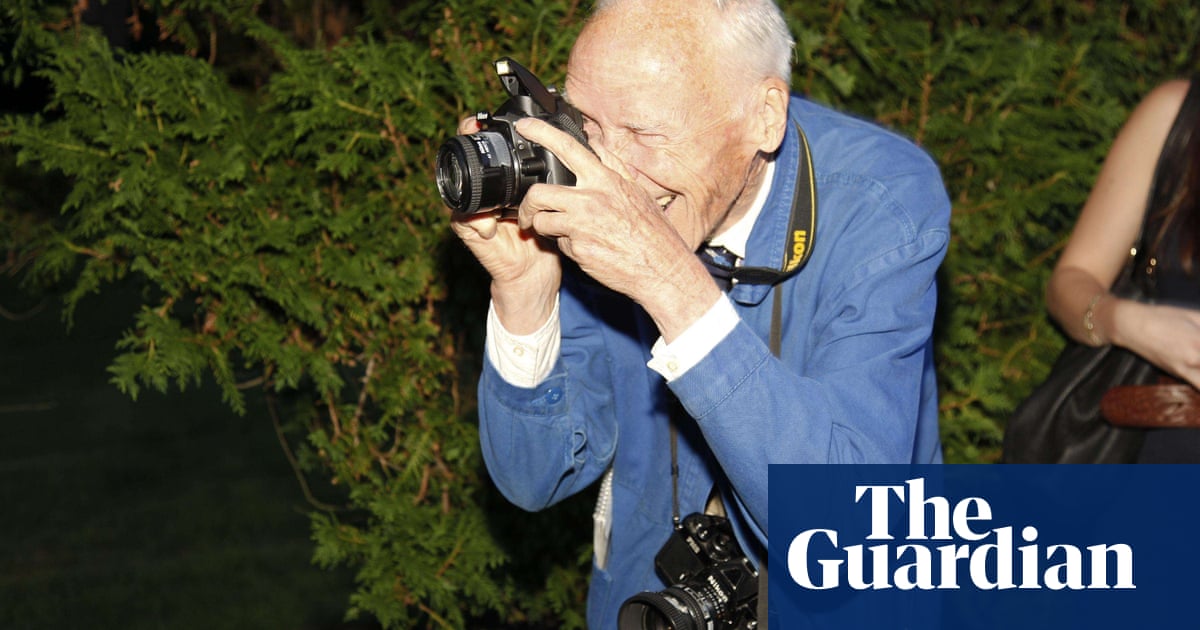Remember Angrygate? For a few surreal days in February 2023, pretty much the entire talking apparatus of English football was engaged – as is its habit – in a fevered, earnest and yet entirely fatuous debate about whether Graham Potter was angry enough to be the Chelsea manager.
Under an increasingly persistent line of questioning, Potter coped pretty well. He firmly pointed out that you do not go from the ninth tier to one of the biggest clubs in the world without a certain ruthless streak. He subtly rebuked the hypocrisy of the media for demanding greater touchline theatrics from Premier League managers and then pontificating about the culture of abuse towards grassroots referees. So subtly, in fact, that the media blissfully ignored that bit.
The irony, as would become apparent in Potter’s later interviews, was that he really was angry. And frustrated, and embittered, and ultimately humiliated, as a coach hired for a world-record compensation fee was sacked after six months of pure, reckless chaos. A packed schedule. A winter World Cup. New signings being forced to sit on the floor and change in corridors. Rookie owners prone to giving dressing-room speeches or occasionally forgetting the number of players in a football team.
It has taken Potter 21 months to return to coaching, and by all accounts he’s had an absolute blast. He learned Spanish. He visited the Falkland Islands. He did a spot of punditry. Last summer, at the height of Euros fever, he went to watch Taylor Swift’s Eras Tour at Wembley Stadium, disguising himself amid the crowds by wearing a pair of white love-heart sunglasses. This is the Potter we know and occasionally adore: a recognisably regular guy, mending his heart just so he can get it broken all over again. And the burning question, as he climbs back on to the management bronco at the wildly mismanaged West Ham, is not so much whether he has learned anything from his Chelsea experience, but whether there is anything that usefully can be learned beyond, well … “Don’t do that again!”
The first thing to say here is that West Ham have hired a superb coach, albeit a coach with a few myths that need busting. Firstly, the idea that Potter is some kind of slow-burn, perfectionist manager who needs whole years to get the parts into alignment, who needs every piece to be just right. Promotion in each of his first two seasons at Östersund. Immediate improvement at Swansea with no money and a hollowed-out squad. Immediate improvement at Brighton. Potter should make West Ham better in the long term. But there’s no reason why he can’t succeed in the short term, too.
The other underrated element of Potter’s record is his commitment to pragmatism and flexibility. This is a coach who in his relatively short career has played pretty much every formation in the book, who set up his Brighton team in a low block against some teams and a high block against others. What defines Potterball is not so much a particular system or style as a set of values, and here the personal qualities are as relevant as the tactical. The way Potter assembles a team is basically an expression of who he is.

He likes a squad big enough to rotate, he likes players who are versatile and can perform different roles within games, he likes to give everyone minutes, to make everyone feel valued. On the pitch, nobody is more important than anybody else. Everyone has to be quick, everyone has to work hard off the ball, and – importantly – everyone takes it in turns to be the star. Centre-halves can peel forward and join the attack. Wing-backs can bomb into the box. Midfielders can surge from deep. Under Potter’s tutelage, players as varied as Alexis Mac Allister, Leandro Trossard, Ben White and Marc Cucurella all grew into the very best versions of themselves, all earned themselves big moves to Champions League teams.
As, eventually, did Potter. And yet at Chelsea the very same values that earned him success at Brighton became deadly weaknesses. He tried to keep everyone happy at a club where 40 players expected to start.
He tried to keep a low profile at a club that expects its coaches to fight publicly for the cause. He tried to foster a sense of collective ambition at a club built as a shrine to self-interest, that has only ever really succeeded through a kind of creative disruption. And obviously Potter doesn’t get a pass here. It’s clear he didn’t have a clue how to fix things. But above all this was just a terrible fit all round, a Hollywood farce on a Hollywood budget.
It was telling that Potter made so many references in his initial media engagements to West Ham as “a family club”. Clearly this is the element of coaching that matters most to him: the synergy between the football on the pitch and the supporters in the stands, the dignity of a hard day’s work done together, the mutual respect you only really get from a tight close-knit unit where everyone treats each other right. But the other thing about families, of course, is that they often turn in on themselves at the first sign of trouble. Never was this more apparent than during the acrid tenure of Julen Lopetegui, who had spent the summer courting Milan, who for all his qualities never quite shook off the suspicion that he was basically politicking, that West Ham were simply the backdrop for the latest episode of Julen Lopetegui Positions Himself For His Next Job.

This is how you end up with a club that has a power vacuum where its human heart should be. A club run on whispers and anonymous briefings, where some guy wanted Guido Rodríguez and some other guy didn’t, where this guy wanted Edin Terzic and this guy wanted Ruud van Nistelrooy, where the sporting director, Tim Steidten – your all-seeing, all-strategising mastermind – is also the weakest person in the building. Where nobody can really discern the lines of influence because those lines are in a constant process of renegotiation, because everything from the ownership of the club to the transfer policy to central midfield is the product of messy, unsatisfactory compromise. Who actually runs West Ham? It’s hard to say.
And so Potter’s biggest task here, far bigger than what he does with Jean-Clair Todibo or Niclas Füllkrug, far bigger than how he fixes a team that concedes the most shots from quick breaks in the Premier League, is to put that human heart back in the gormless machine. And to do so without a recognisable brand or sales pitch, without a messianic personality, without gimmicks or slogans, without a Swiftie-style army of bots and stans to do his bidding.
Potter will not emote for the cameras. He will not complain about the weight of the footballs. He will not engage in petty feuds or indulge conspiracy theorists or persecution complexes, and in the performance space of social media this will put him on thin ice from the start. All he has is his work, and his ideas, and his values. But it may just be enough to make West Ham feel like a club again.

 3 months ago
41
3 months ago
41
